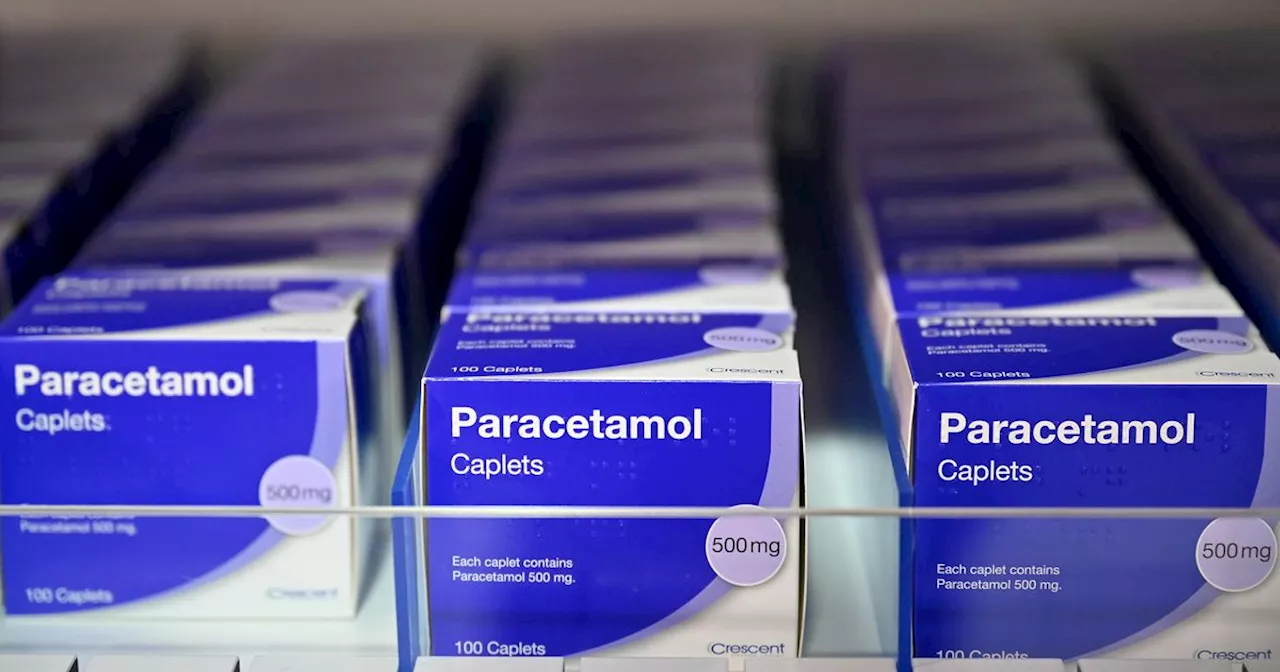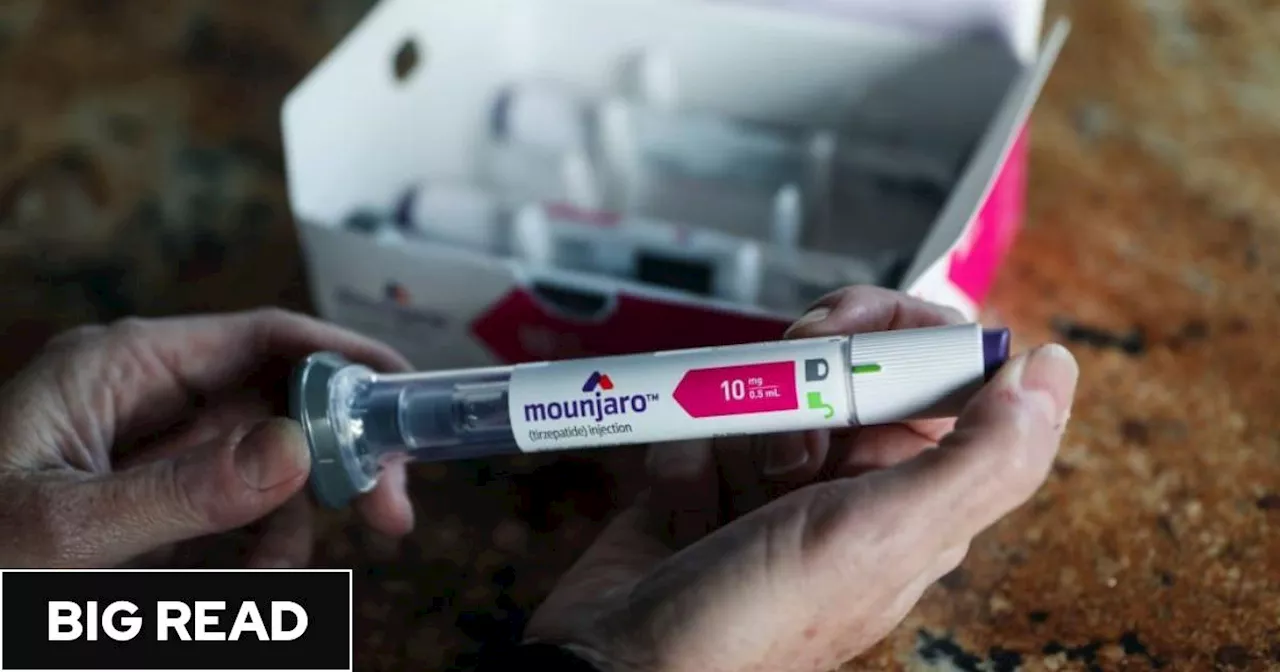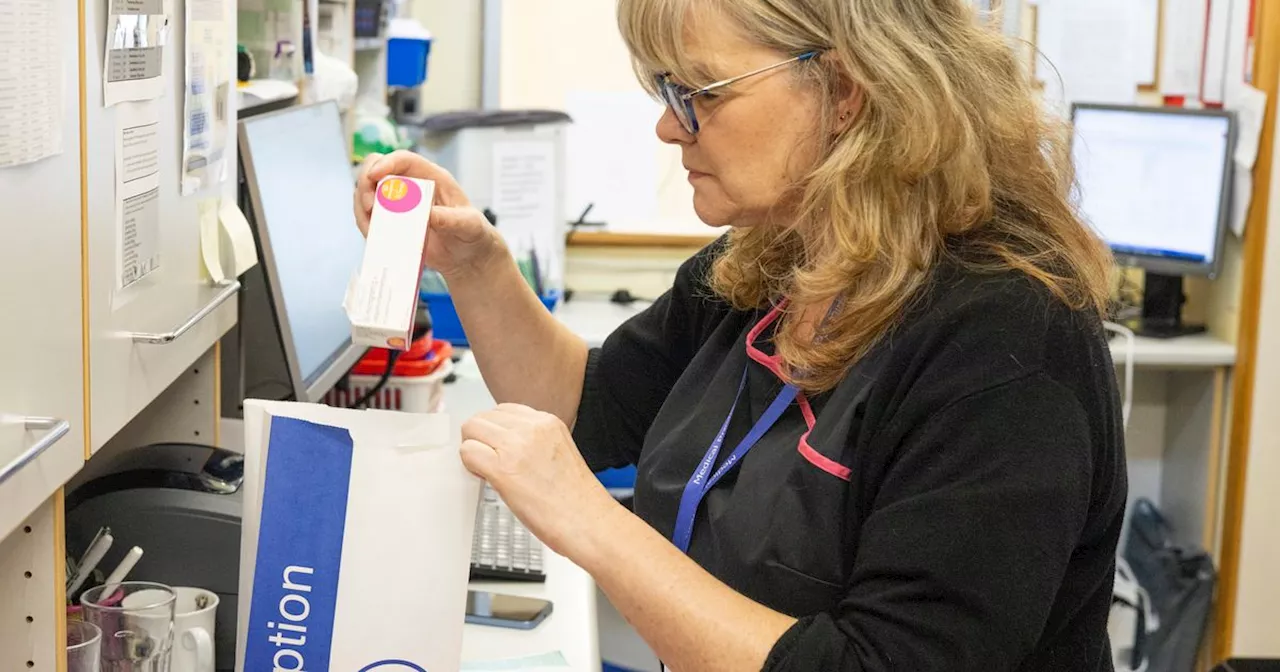The National Health Service (NHS) in England has stopped prescribing common over-the-counter medications like cough syrups, paracetamol, eye drops, and sun cream to reduce unnecessary spending. This decision follows public consultations that showed support for limiting prescriptions for minor conditions. The NHS aims to save around £190 million annually by encouraging patients to purchase these items directly from pharmacies and supermarkets.
People have been warned that their health condition may no longer be treated via an NHS prescription due to changes. In an effort to trim unnecessary spending, the NHS has called time on prescribing various over-the-counter remedies.
Many of these everyday items are cheaper to purchase directly than through NHS prescriptions. NHS England has pointed out hefty yearly expenditures on treating commonplace ailments such as constipation to the tune of £22.8 million, not to mention athlete's foot and other fungal infections , as well as expenditure on dandruff shampoos .
In a statement, NHS England shed light on prescription spending. It said: "GPs issued 1.1 billion prescription items at a cost of £9.2 billion in 2015/16. The vast majority were appropriate but many were for medicines, products or treatments that do not require a prescription and can be purchased over the counter from pharmacies, supermarkets, petrol stations, corner shops or other retailers in some cases at a much lower cost than the price paid by the NHS.
NHS Prescription Over-The-Counter Spending Medications Savings
United Kingdom Latest News, United Kingdom Headlines
Similar News:You can also read news stories similar to this one that we have collected from other news sources.
 Scottish NHS pays £8.53 for paracetamol under SNP 'free prescriptions' policyAn ibuprofen prescription also cost the NHS £6.87 last year, unlike in shops where it can be purchased for 39p.
Scottish NHS pays £8.53 for paracetamol under SNP 'free prescriptions' policyAn ibuprofen prescription also cost the NHS £6.87 last year, unlike in shops where it can be purchased for 39p.
Read more »
 Medway health boss moves to East Sussex to take on new challengeJayne Black is to move from Medway NHS Foundation Trust to East Sussex Healthcare NHS Trust.
Medway health boss moves to East Sussex to take on new challengeJayne Black is to move from Medway NHS Foundation Trust to East Sussex Healthcare NHS Trust.
Read more »
 England's Ozempic Divide: 7 Times Higher Prescriptions in Some AreasA new map reveals a stark disparity in Ozempic prescriptions across England, with Leicester leading the way at almost 2,000 monthly prescriptions, 6.8 times higher than Cornwall. Research suggests over 10% of UK women are now using weight loss injections, and NHS data shows 1.45 million semaglutide prescriptions in 2023/24. Concerns are rising about healthy individuals misusing the drug for cosmetic reasons, leading to hospitalizations and investigations into counterfeit Ozempic.
England's Ozempic Divide: 7 Times Higher Prescriptions in Some AreasA new map reveals a stark disparity in Ozempic prescriptions across England, with Leicester leading the way at almost 2,000 monthly prescriptions, 6.8 times higher than Cornwall. Research suggests over 10% of UK women are now using weight loss injections, and NHS data shows 1.45 million semaglutide prescriptions in 2023/24. Concerns are rising about healthy individuals misusing the drug for cosmetic reasons, leading to hospitalizations and investigations into counterfeit Ozempic.
Read more »
 Legal Prescriptions Can Jeopardize Your Driving LicenceMotorists can face legal consequences and driving bans even when using legal medications, if they impair driving ability. The Road Traffic Act 1988 prohibits driving under the influence of any substance that affects your fitness to drive, including certain prescription and over-the-counter medicines without a proper prescription. Police can conduct roadside drug tests and penalties for drug driving can include a minimum one-year driving ban, hefty fines, imprisonment, and a criminal record.
Legal Prescriptions Can Jeopardize Your Driving LicenceMotorists can face legal consequences and driving bans even when using legal medications, if they impair driving ability. The Road Traffic Act 1988 prohibits driving under the influence of any substance that affects your fitness to drive, including certain prescription and over-the-counter medicines without a proper prescription. Police can conduct roadside drug tests and penalties for drug driving can include a minimum one-year driving ban, hefty fines, imprisonment, and a criminal record.
Read more »
 Adderall Shortage Impacts Stimulant Prescriptions for ChildrenA new study reveals that the 2022 Adderall shortage in the US led to a decrease in prescriptions of this stimulant for children. However, the study also shows that the dispensing of other types of stimulants increased during this time, suggesting children weren't completely deprived of vital ADHD treatment. While the switch to alternative stimulants might be concerning, more research is needed to determine its long-term effects.
Adderall Shortage Impacts Stimulant Prescriptions for ChildrenA new study reveals that the 2022 Adderall shortage in the US led to a decrease in prescriptions of this stimulant for children. However, the study also shows that the dispensing of other types of stimulants increased during this time, suggesting children weren't completely deprived of vital ADHD treatment. While the switch to alternative stimulants might be concerning, more research is needed to determine its long-term effects.
Read more »
 UK Regulators Crack Down on Online Pharmacy Prescriptions for Weight-Loss DrugsThe General Pharmaceutical Council (GPhC) introduces stricter rules for online pharmacies prescribing weight-loss medications like Wegovy and Mounjaro, requiring proper consultations and independent verification of patient information to ensure safety.
UK Regulators Crack Down on Online Pharmacy Prescriptions for Weight-Loss DrugsThe General Pharmaceutical Council (GPhC) introduces stricter rules for online pharmacies prescribing weight-loss medications like Wegovy and Mounjaro, requiring proper consultations and independent verification of patient information to ensure safety.
Read more »
